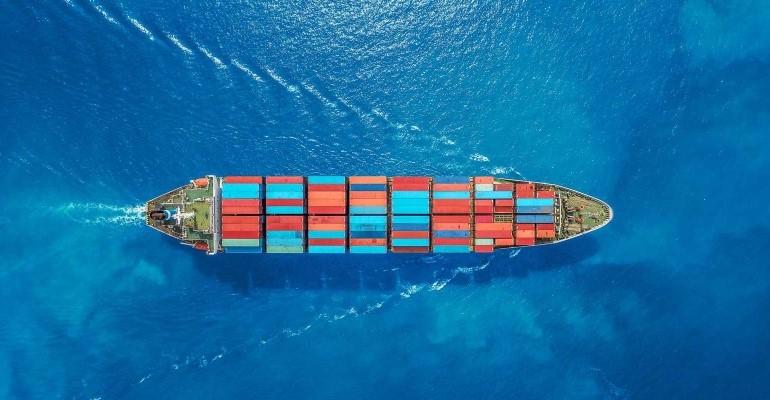The initial agreement covers 18,000 teu of of DHL’s volume and is expected to bring a 14,000-tonne reduction in well-to-wake CO2 emissions.
The biofuels are fatty acid methyl ester (FAME)-based, created from raw waste products such as used cooking oil. The biofuel offers emissions savings of up to 80%, the companies said.
“Together we want to pave the way for Book & Claim and insetting mechanisms to make it easier for shippers to use sustainable fuels,” says Dominique von Orelli, Global Head of Ocean Freight at DHL Global Forwarding.
“Biofuel will play a significant role in the upcoming years on our path to becoming net-zero carbon by 2045. This project will bring us a step closer to offering our customers biofuel-powered transportation as a commercial product and thereby to supporting them in their efforts to reduce their carbon footprint,” said Danny Smolders, Managing Director Global Sales at Hapag-Lloyd.
Many container lines have trialled or deployed biofuels as part of their decarbonisation efforts, taking advantage of the drop-in or near-drop-in nature of the fuels. Hapag-Lloyd has been testing advanced biofuels since 2020, and offers the related emissions savings to customers to cut their Scope 3 emissions.
For DHL, the latest deal plays into its GoGreen Plus service which offers a range of decarbonisation offers to customers looking to cut supply chain emissions. A “Book & Claim” mechanism allows DHL to pass on the benefits of lower scope three greenhouse gas emissions to customers.
DHL has committed to having at least 30% of its fuel requirements met by sustainable fuels by 2030, and plans to spend €7 bn on sustainable fuel and clean technologies by 2030.
Copyright © 2024. All rights reserved. Seatrade, a trading name of Informa Markets (UK) Limited.
Add Seatrade Maritime News to your Google News feed.  |

